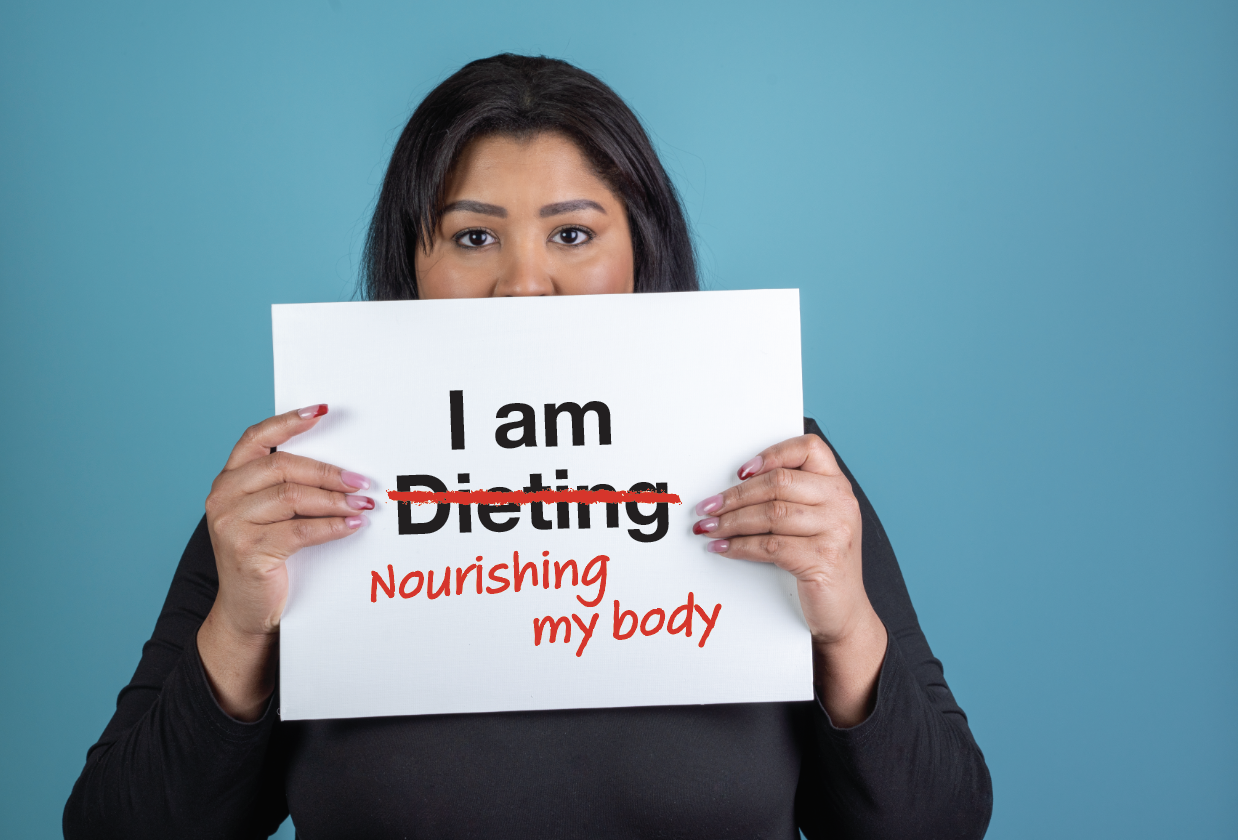Chapter 1:
You really are Overweight/Obese – Accept It
Acceptance is the Foundation of Change.
Facing the reality of being overweight or obese isn’t about self-judgment—it’s about empowerment. According to the World Health Organization (WHO), more than 1.9 billion adults are overweight, with 650 million classified as obese. This isn’t just a cosmetic concern but a health issue that increases the risk of chronic diseases like type 2 diabetes, hypertension, and cardiovascular diseases.
In psychological terms, denial often leads to inaction. Research shows that individuals who acknowledge their weight status are more likely to take steps toward healthier behavior. The goal isn’t to shame yourself but to take responsibility. Self-compassion can go hand-in-hand with accountability—understanding that change is possible starts with a clear-eyed view of where you are today.
Chapter 2:
STOP EATING So Much!!!
Portion Control and Awareness Are Essential.
The simple truth is: weight gain happens when calorie intake exceeds calorie expenditure. According to the Centers for Disease Control and Prevention (CDC), portion sizes in the U.S. have drastically increased over the last few decades, which correlates with rising obesity rates. For instance, a typical restaurant meal is now 2–3 times larger than in the 1970s.
Moreover, it’s not just how much you eat, but what you eat. Diets high in ultra-processed foods contribute to excessive caloric intake while providing minimal nutritional value. Studies have found that reducing portion sizes and being mindful of what you eat—such as focusing on whole foods like lean proteins, vegetables, and healthy fats—helps regulate hunger and promotes weight loss.
Chapter 3:
You Have a Brain, So You Need to MOVE
Physical Activity Benefits Both Mind and Body.
Regular physical activity not only helps with weight management but also improves mental health, reduces the risk of chronic disease, and enhances cognitive function. The American Heart Association recommends at least 150 minutes of moderate-intensity aerobic exercise per week for adults. Even light activities such as walking or stretching can trigger endorphin release, improve mood, and reduce anxiety.
Movement also impacts brain function. Exercise has been shown to enhance neuroplasticity—your brain’s ability to adapt and grow. Small habits, such as taking the stairs or doing short bursts of bodyweight exercises, accumulate over time, making physical activity an achievable goal for everyone.
Chapter 4:
Zip-it and Stop Complaining
Shift from Excuses to Action.
Complaining can create mental roadblocks. Research from psychology suggests that focusing on negativity drains cognitive resources, making it harder to stay motivated. On the other hand, positive reinforcement and accountability are key tools for success. Instead of lamenting about the difficulties of lifestyle changes, focus on what you can control—like preparing meals ahead of time or scheduling workouts.
Journaling or joining an accountability group can help you stay committed and reduce the tendency to vent frustrations. Progress requires a mindset shift: every complaint can be replaced with an action step. When challenges arise, view them as opportunities for growth.
Chapter 5:
CONTRIBUTE to Others
Transformation is Amplified Through Service.
Helping others on their health journey not only strengthens your resolve but also provides a sense of purpose. Behavioral research shows that altruism increases dopamine levels, making people feel happier and more fulfilled. Volunteering or simply encouraging friends and family can reinforce your own commitment to health, as teaching others often cements personal habits.
Social support is also a critical factor in weight loss and health improvement. A study published in Obesity Reviews found that individuals who are part of supportive communities are more likely to maintain long-term lifestyle changes. Helping others reinforces your identity as someone committed to wellness.
Chapter 6:
So, how’s it going? Oh, you don’t know...? Then MEASURE and Monitor
Data-Driven Change Ensures Accountability.
If you aren’t tracking your progress, it’s hard to know if your efforts are paying off. Monitoring weight, waist circumference, calorie intake, or physical activity offers valuable feedback. Studies have shown that people who log their food intake are more likely to stick to a healthy eating plan. Apps like MyFitnessPal or Fitbit make tracking easier, helping users stay aware of trends and patterns.
Beyond just weight, monitoring other markers—such as resting heart rate, blood pressure, or how your clothes fit—provides a fuller picture of health. Even simple pen-and-paper journals can work. The key is consistency: what gets measured gets managed.
Chapter 6:
SMILE, you’re going to die anyway… Just DON’T BE YOUNG AND FAT when you do!!!
Live Fully, Without Regret.
Life is finite, and while everyone’s end is inevitable, being young and burdened with preventable health issues robs you of quality of life. Studies show that obesity reduces life expectancy by 5 to 20 years and drastically increases the risk of comorbid conditions like diabetes and heart disease. But health isn’t just about longevity—it’s about living well now.
Adopting healthy habits allows you to feel energetic, engage in activities you enjoy, and experience more joy in life. Instead of focusing on achieving a “perfect” body, the goal is to feel your best and avoid preventable suffering. Progress, not perfection, should be the mantra.
THE END
Own Your Journey
Transformation takes time, effort, and a willingness to confront uncomfortable truths, but the rewards—both physical and mental—are immeasurable. Your journey to metabolic health isn’t just about hitting a goal weight or completing a fitness challenge; it’s about building habits that serve you for a lifetime.
Final Takeaway
Remember, you only get one body and one life. Make the most of it by accepting where you are, eating mindfully, moving intentionally, focusing on solutions rather than complaints, helping others, and tracking progress along the way. Transformation starts now—one step at a time.
Our recent Posts
View Other Blogs



Browse and read our blogs to learn more about our tips and tricks.



